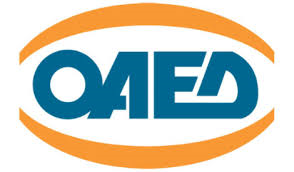A Web Application Development is a business system or application delivered over the Web. Web applications utilize the interactive nature of websites to provide customized and interactive technologies; they give a more sophisticated and interactive user experience than conventional websites.
We work with a wide variety of web application technologies for front-end, back-end, and database development :
- Front end: HTML, CSS, JavaScript (Angular, React, Backbone, Meteor, etc.),
- Back end: PHP, ASP.NET, Java,
- Databases: MS SQL Server, MySQL, Oracle
With cost-efficiency and high performance in mind, we also choose back-end technologies that suit the best business requirements. A small community portal will work well with a PHP back end. At the same time, for a complex solution for hundreds of thousands of users (e.g., corporate applications or booking systems), we recommend Java or ASP.NET development.
Web applications provide businesses and customers with a vast range of benefits compared to non-Web based applications:
- By opting to launch your project as a Web application (instead of a desktop application), you immediately make it accessible to a mass audience. This audience is defined as people with Internet access and a modern Internet browser.
- Web applications are much easier to update than their desktop counterparts. To edit a Web application, the amendments only need to be made to one place: the server on which the Web application runs. However, updating a Desktop application is a much more complicated task: patches need to be developed, tested, and finally distributed to every one of the end-users of the application.
- A Web application is more likely to score better based on receiving return visitors than conventional websites. The logic is simple: a Web application is more interactive than a brochure site, so users are more likely to return to use it a second time and check for updates.
Unlike desktop applications which need to be installed on every user's machine, Web applications are accessible by anyone with an Internet connection. In the same way, as the Internet has revolutionized the way we shop, it's also revolutionized the way we interact with computers.
Suppose it's possible to have your service or product run as a Web application rather than a desktop application. In that case, it makes sense to do so: the Web makes it cheaper and faster to reach a mass audience than the traditional method of developing, testing, packaging, and distributing software installed on an individual user's computer.















































